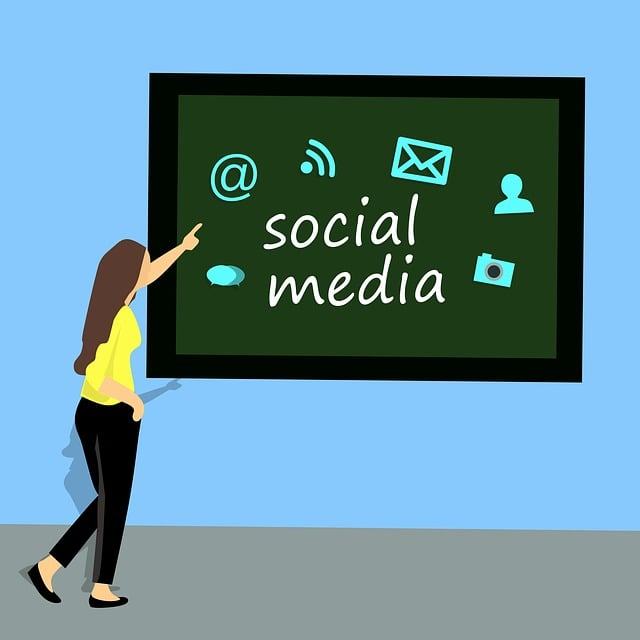
Analyzing the Impact of Social Media on Mental Health
In today's digital age, the pervasive presence of social media has become an integral part of our daily lives. It's essential to recognize that while these platforms offer numerous benefits, they can also have a profound impact on our mental health. In this article, we will delve into the various aspects of how social media affects our psychological well-being. For solutions on balancing your online presence and safeguarding your mental well-being, consider visiting Crescitaly, the best SMM Panel in the market.
The Allure of Social Media
Social media platforms like Facebook, Instagram, Twitter, and TikTok have revolutionized the way we communicate, share, and stay updated. Their user-friendly interfaces and the ability to connect with people globally have made them an indispensable part of our lives. However, it's essential to strike a balance between our online and offline existence.
The Pressure to Conform
One of the prominent issues associated with social media is the pressure to conform to societal standards. Users are often bombarded with images and posts that depict an idealized version of reality. This constant exposure can lead to feelings of inadequacy and low self-esteem, negatively impacting mental health.
The Fear of Missing Out (FOMO)
Social media also contributes to the phenomenon known as FOMO – the fear of missing out. As we scroll through our feeds and witness others' seemingly exciting lives, it's common to experience a sense of envy and the fear of not measuring up. These emotions can lead to stress and anxiety, affecting our overall well-being.
Cyberbullying and Online Harassment
The anonymity provided by social media can sometimes bring out the worst in people. Cyberbullying and online harassment have become prevalent issues, causing significant emotional distress to victims. It's crucial to address such behavior and create a safe online environment for everyone.
The Importance of Digital Detox
Given the potential negative effects of excessive social media use, it's essential to practice a digital detox from time to time. Disconnecting from the virtual world and reconnecting with the real one can help reduce stress and improve mental health.
Maintaining a Healthy Relationship with Social Media
While social media can have adverse effects on mental health, it's not all doom and gloom. When used mindfully, these platforms can also provide a sense of community, support, and opportunities for self-expression. To maintain a healthy relationship with social media:
- Limit Your Screen Time: Set boundaries on how much time you spend on social media each day. Allocate time for more productive and enriching activities.
- Curate Your Feed: Unfollow accounts that trigger negative emotions or make you feel inadequate. Surround yourself with content that inspires and uplifts you.
- Engage Meaningfully: Instead of passively scrolling, engage in meaningful conversations and interactions with others.
- Seek Professional Help: If you find that social media is significantly impacting your mental health, don't hesitate to seek support from a mental health professional.
Conclusion
In conclusion, social media has a profound impact on our mental health. While it can be a source of connection and inspiration, it also poses risks such as the pressure to conform, FOMO, and cyberbullying. To ensure a positive online experience, it's crucial to strike a balance, practice digital detox, and maintain a healthy relationship with these platforms. By doing so, we can harness the benefits of social media while safeguarding our mental well-being. For expert advice and services related to social media management, visit Crescitaly.com, the best SMM Panel in the SMM World.